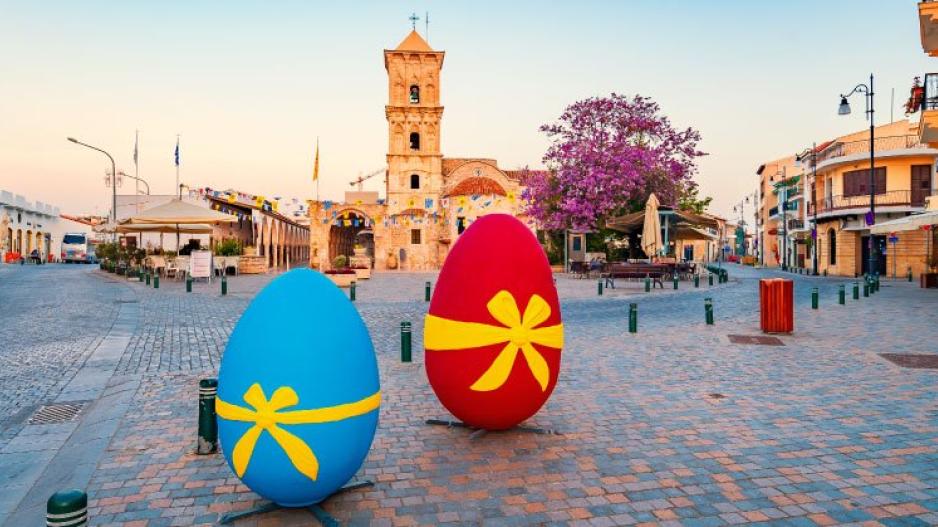Cyprus Sees Significant Decline in Easter Recreation Traffic
50% Drop in Leisure Activity Over Easter, with Locals Preferring Family Gatherings
During Easter, there was a roughly 50% decrease in activity at leisure centers, according to Neofytos Thrasyvoulou, President of the Pan-Cyprian Federation of Recreation Center Owners (OSIKA).
In statements to the Cyprus News Agency, Mr. Thrasyvoulou noted that the decline was partly due to earlier Catholic Easter celebrations compared to Orthodox Easter this year. He added that many Cypriots chose to spend the holiday at family gatherings.
Mr. Thrasyvoulou observed some activity during Holy Week, mainly from students who returned to Cyprus to celebrate Easter with their families.
Responding to a question, Mr. Thrasyvoulou mentioned that in honor of this, the Minister of Labor has enhanced the Department of Labor to grant work permits to individuals from third countries, emphasizing that upon the departure of asylum seekers, professionals in the sector should be able to bring personnel from third countries within 20-30 days.
Additionally, Mr. Thrasyvoulou highlighted the issues with bureaucracy, noting that OSIKA is striving to reduce it.

Meanwhile, supermarket traffic increased in the days leading up to Holy Week, with consumers in Cyprus focusing primarily on purchasing food and items for the Easter table. In contrast, purchases of clothing and footwear were limited.
Stefanos Koursaris, General Secretary of POVEK, stated that economic constraints led consumers to focus on essentials rather than other purchases. Consequently, supermarket traffic remained at levels similar to last year's festive period, a fact that Andreas Hadjiadamou, Executive Secretary of the Supermarket Association, found satisfactory while speaking to the Cyprus News Agency.
Mr. Hadjiadamou noted that the movement observed in supermarkets during Holy Week was expected despite economic difficulties, thanks in part to supermarket promotions. He explained that supermarkets study consumer responses to shape pricing strategies that allow shoppers to purchase what they need. As a result, there was satisfactory traffic in supermarkets of all sizes.
He remarked that in recent years, there has been stability in public response during festive periods, whereas there used to be a declining trend year by year, attributed to the strategies employed by supermarkets. He further noted that consumers now tend to explore the market and take advantage of offers from each supermarket, buying the quantities and items that are most beneficial for them.
"Every year, there is a change in consumer behavior," Mr. Hadjiadamou told the Cyprus News Agency, adding that supermarkets are adapting to these changes to ensure that consumers can find what they are looking for. Regarding the period after the festive season, he said that limited movement is expected, which is why offers are strengthened to attract the public.
On the part of POVEK, Mr. Koursaris noted that there were "strong purchases for all budgets" in terms of essentials. However, he observed that people were restrained in other purchases due to financial tightness.
Although there was movement in rural areas and particularly in dining establishments, as Mr. Koursaris mentioned, the traffic on Easter days did not resemble previous times when there was a habit of purchasing clothing and footwear, as well as gifts. He also estimated that the grants given to vulnerable groups were channeled into essential goods.






